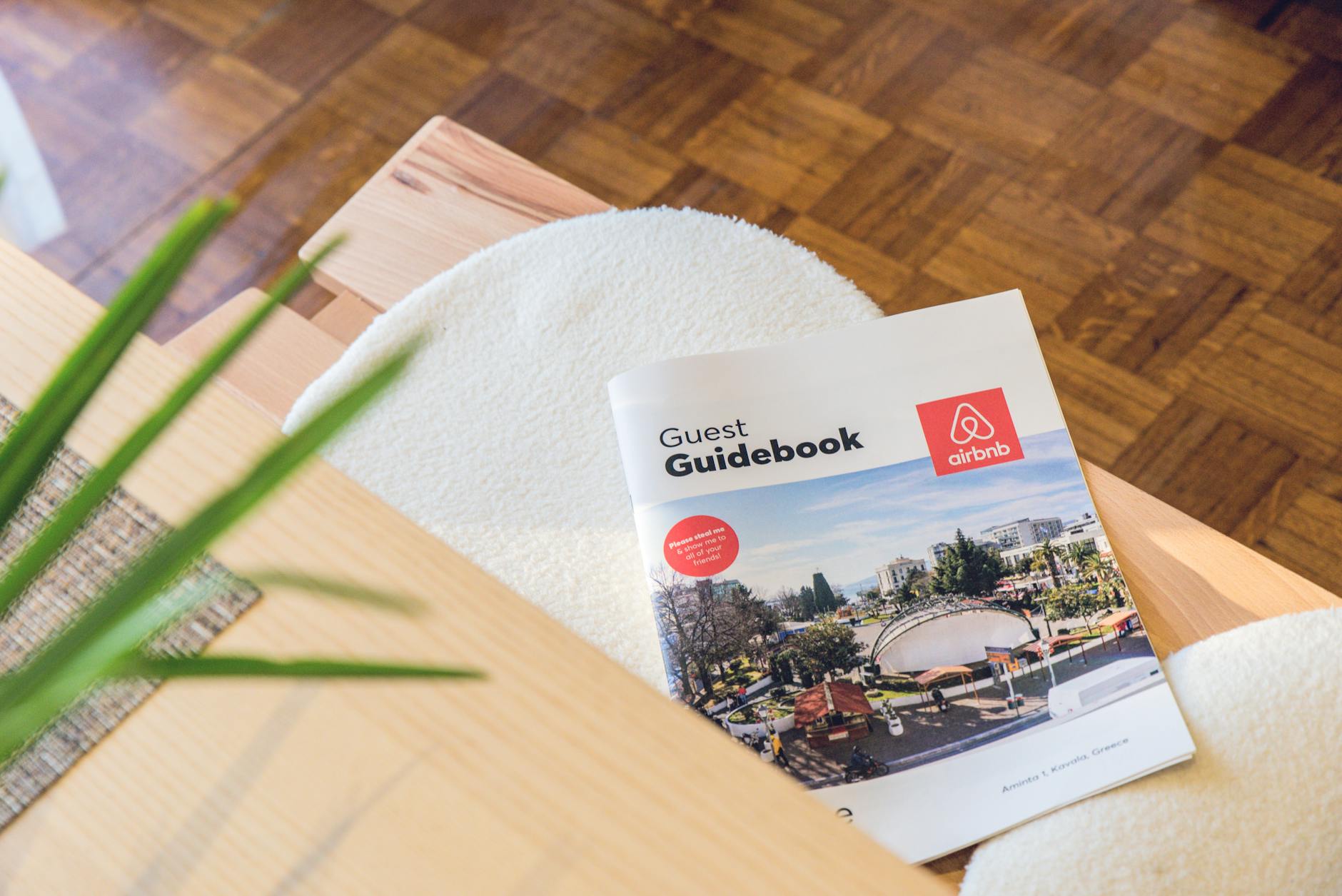Airbnb Guest’s Shock: What the Host’s ‘Ulterior Motive’ Means for Short-Term Rentals
A Sydney woman’s unsettling experience highlights evolving concerns for travelers navigating the gig economy of hospitality.
The rise of platforms like Airbnb has revolutionized travel, offering travelers unique accommodations and hosts new income streams. However, a recent incident involving a Sydney woman and her Airbnb host has brought to the forefront a less discussed aspect of this burgeoning industry: the potential for hosts to harbor intentions beyond simple rental agreements, and the implications this has for guest safety and the overall trust in short-term rental markets.
The Sydney Incident: A Guest’s Alarming Discovery
The account, as reported by news.com.au, details a Sydney woman who booked a private room through Airbnb. Upon accepting the booking, the host reportedly revealed an unexpected and, for the guest, unwelcome “ulterior motive.” While the specifics of the motive remain somewhat vague in the initial reporting, the implication is that the host’s intentions were not solely focused on providing a standard lodging experience, but rather involved a personal agenda that impinged on the guest’s expected privacy and comfort.
This situation, while seemingly isolated, taps into a broader undercurrent of unease that some travelers experience when booking through peer-to-peer platforms. The very nature of Airbnb—allowing individuals to rent out portions of their homes or entire properties—inherently introduces a level of personal interaction and potential vulnerability that traditional hotels typically do not present. Guests are entering someone else’s private space, and the boundaries of that interaction can sometimes become blurred.
Understanding the ‘Gig Economy’ in Hospitality
The gig economy, of which Airbnb is a prominent example, thrives on flexibility and often bypasses traditional employment structures and regulations. While this model has spurred innovation and economic opportunity, it also presents unique challenges. In the context of hospitality, this means that hosts are not bound by the same extensive training, background checks, or regulatory oversight that hotel staff undergo. This can lead to a more varied experience for guests, ranging from exceptionally positive to, as in this reported case, potentially concerning.
The appeal of Airbnb lies in its promise of authentic local experiences and cost-effectiveness. However, the responsibility for vetting and ensuring guest safety often falls heavily on the platform itself and, by extension, the guests who rely on reviews and listing information. When a host’s intentions diverge from the implicit contract of providing safe and private accommodation, it erodes the trust upon which these platforms are built.
Potential Motivations and Guest Concerns
While the specific “ulterior motive” in the Sydney case is not fully detailed, similar incidents reported in the past have included hosts seeking companionship, aiming to interview potential tenants for long-term leases, or even attempting to sell products or services. These scenarios, while not inherently malicious in all cases, can create uncomfortable and unexpected situations for travelers who are simply seeking a place to stay.
For travelers, the primary concern is always safety and privacy. When a host’s personal agenda comes into play, it can compromise these fundamental expectations. This raises questions about the adequacy of Airbnb’s screening processes and the tools available to guests to report and address such uncomfortable encounters. The emotional toll on a guest who feels their personal space has been invaded or their expectations manipulated can be significant, detracting from the intended enjoyment and relaxation of a trip.
Navigating the Risks: What Travelers Can Do
Experiences like the one reported in Sydney serve as a valuable, albeit unsettling, reminder for Airbnb users to remain vigilant. While the vast majority of Airbnb hosts are reputable and provide excellent experiences, a proactive approach can help mitigate potential risks:
- Thoroughly review host profiles and past guest reviews. Look for consistent positive feedback regarding the host’s communication, respect for privacy, and adherence to listing descriptions.
- Read the listing description carefully. Pay attention to any house rules or specific expectations mentioned by the host.
- Communicate with the host before booking. Ask any clarifying questions you might have about the accommodation or the host’s presence in the property.
- Trust your instincts. If a listing or a host’s communication feels “off” or overly intrusive, it may be prudent to look elsewhere.
- Familiarize yourself with Airbnb’s safety guidelines and reporting procedures. In the event of an uncomfortable or unsafe situation, know how to contact Airbnb support immediately.
The Broader Implications for Short-Term Rentals
Incidents like this, even if infrequent, can have a ripple effect on the perception of the entire short-term rental market. Trust is a crucial commodity, and when it is broken, it can lead to increased scrutiny from regulators, greater caution from consumers, and potential shifts in how platforms operate. The ongoing debate about regulating short-term rentals often centers on issues of housing availability and neighborhood disruption, but the guest experience and host accountability are equally important facets.
For platforms like Airbnb, ensuring a safe and transparent environment for both hosts and guests is paramount to sustained growth and public acceptance. This means continuously refining vetting processes, providing robust support channels for addressing guest concerns, and fostering a culture of respect and clear communication within the user community. The challenge lies in balancing the decentralized, peer-to-peer nature of the service with the need for consistent safety standards.
Key Takeaways for the Informed Traveler:
- Short-term rental platforms offer unique travel opportunities but carry inherent risks.
- Host intentions can sometimes extend beyond the simple provision of accommodation.
- Thorough research of listings and host reviews is essential for guest safety.
- Open communication with hosts before and during a stay can help clarify expectations.
- Knowing how to report issues to the platform is crucial for addressing negative experiences.
As the short-term rental market continues to evolve, travelers must remain informed and proactive. By understanding the potential pitfalls and employing diligent research and communication strategies, guests can better navigate the landscape and ensure their travel experiences are positive and secure.














